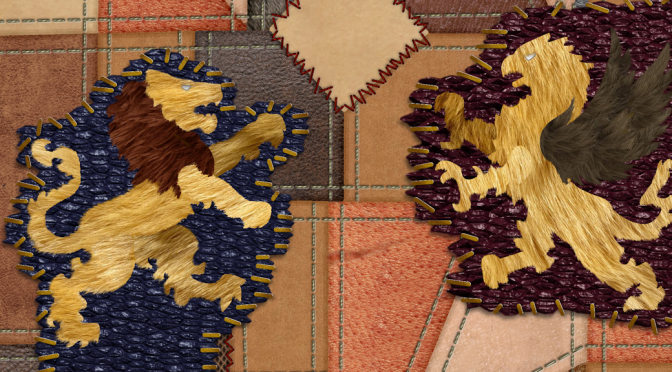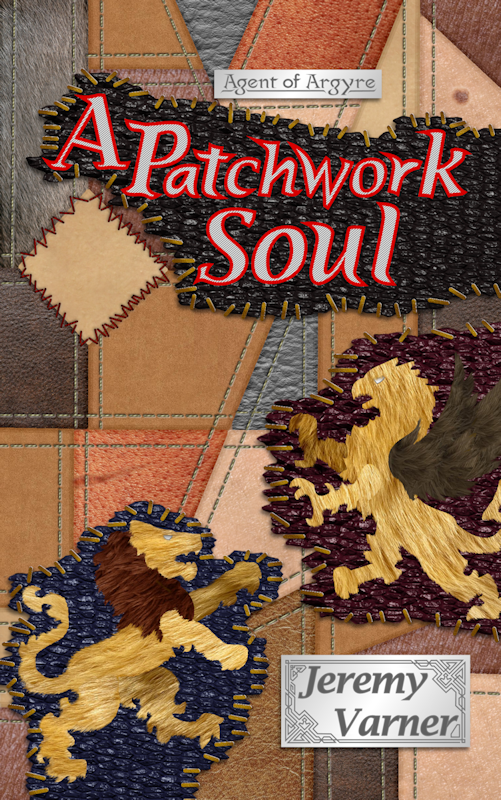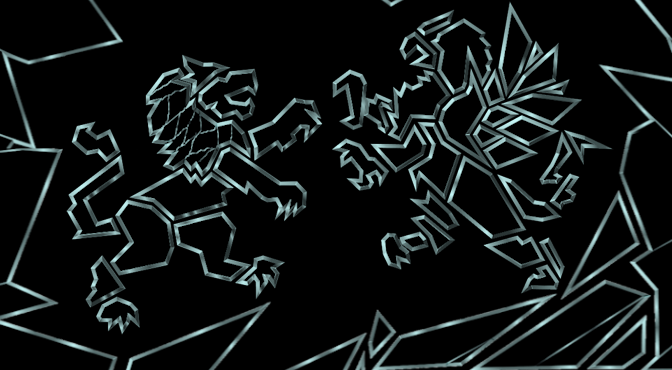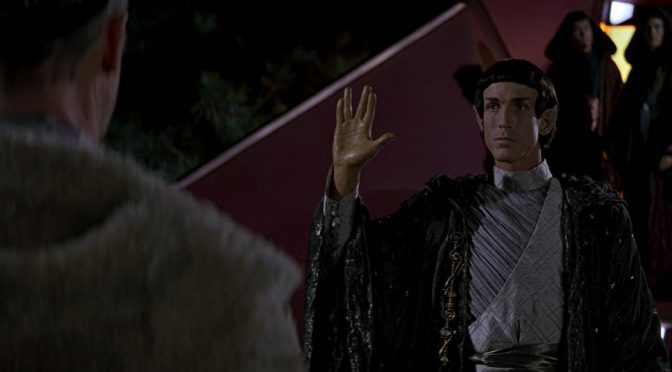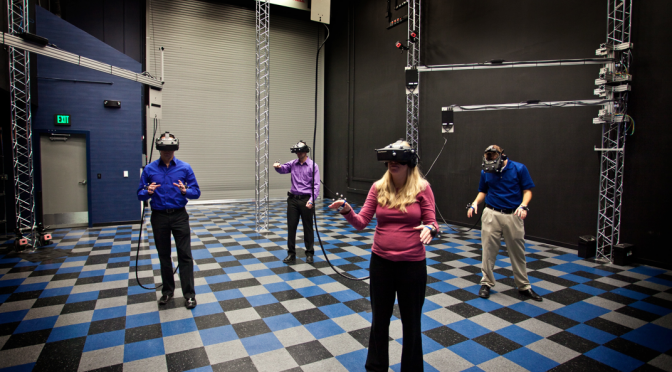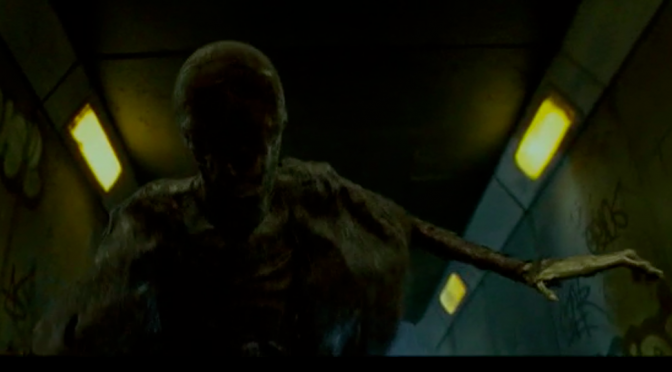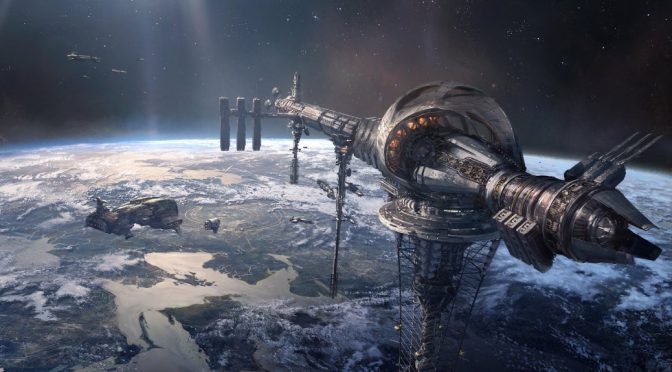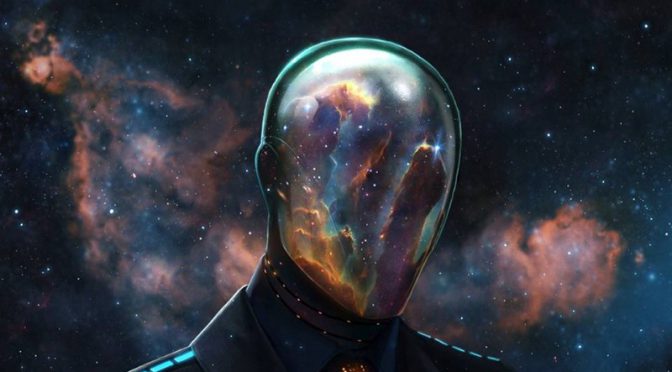When they revealed themselves to the world, they changed everything. Creatures of legend that were thought to be little more than myth and superstition came out of hiding to found a new nation for their kind and those who would be willing to live with them. The Republic of Argyre, founded on an artificial island they built in secret over half a century, would act as a safe harbor for the creatures now calling themselves “Alters”. But it wasn’t enough to just construct this haven, they needed to ensure the rest of the world would accept their kind as well. Realizing that not every Alter could reach their island, Argyre established the Alter Control Task Force – an international organization meant to act as police in Alter situations. These stories follow the ACTF and the Agents of Argyre.
Following the events of Shards of Glass and A Patchwork Soul, the Agent of Argyre series now continues in Coven of Dolls – a tale of murder, mystery, and harmful secrets.
Coven of Dolls finds Agent Nathaniel Leone more seasoned and a bit tenderized. He’s dealt with unusual events and more unusual people. But, despite this experience, he’s not quite prepared for what’s coming when a string of murders is carried out by people who have no memories of the crimes they committed.
Breaking the peace and quiet of a lazy summer day, Nate finds one of these murders on his very doorstep in this excerpt from…
Continue reading Coven of Dolls



